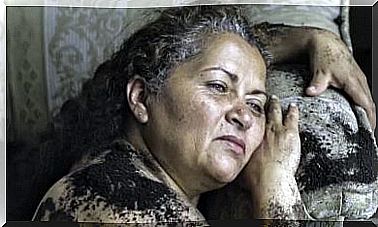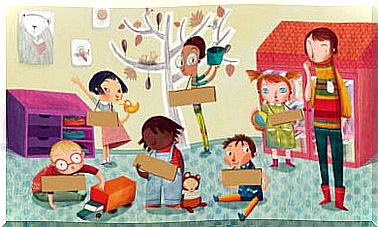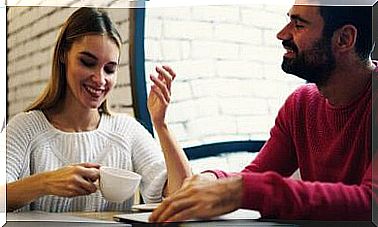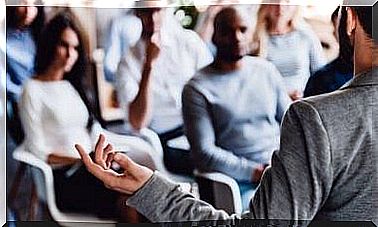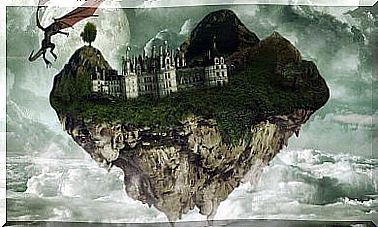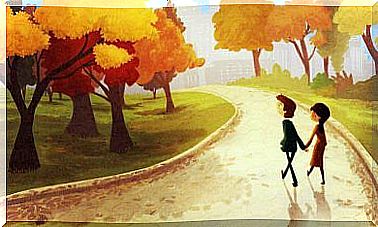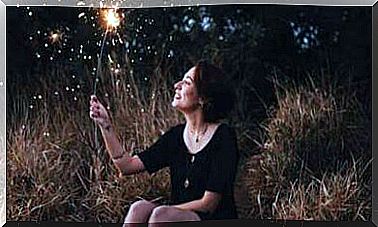John Dewey And His Educational Model
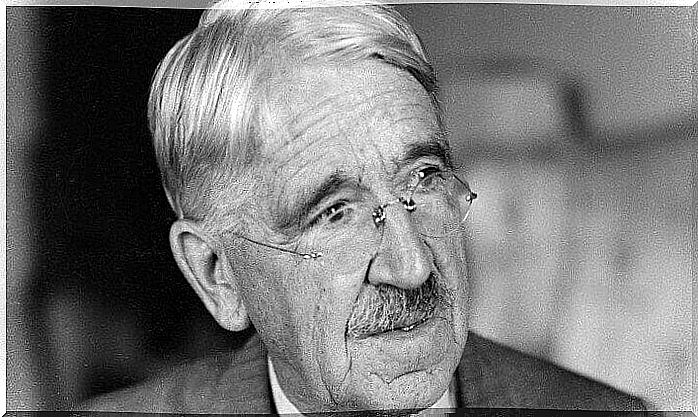
John Dewey (1859-1952) is considered one of the foremost educational psychologists. His models in this field were part of the pedagogical revolution that took place in the last century. Today part of our education system does not yet know or apply John Dewey’s contributions!
In this article we will tell you about one of his most classic works, his book Experience and education . In this text he shows the synthesis of his eductive thought. John Dewey always believed in the idea of having to educate people in a democratic way in order to find the method to trigger critical thinking in pupils that was favorable to our society. To succeed, Dewey tells us about 3 important principles to be taken into account in the educational process: (a) the continuity of experience, (b) social control and (c) the nature of the experience.
John Dewey’s Theory of Education
Continuity and experience
Dewey assumes that education and experience maintain an organic connection between them. By this he meant that we are educated by our experience. However, this does not mean that all experiences are true or equally educational. Some, in fact, will hinder our development by becoming “anti-educational”.
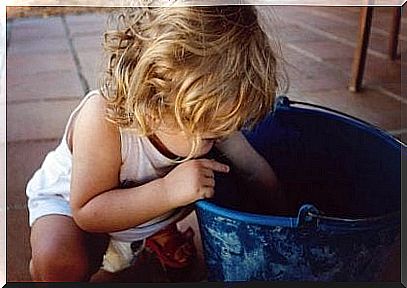
This is where Dewey’s concept of continuity of experience comes in. An experience will become “anti-educational” when it eliminates the positive impact of previous ones. Conversely, an experience will be in favor of education when it helps to face the later ones, thus guaranteeing a continuous formative experience. For Dewey, obtaining this continuity of positive experiences is essential in education.
The traditional education we live today is full of experiences that hinder this continuity. How many pupils think that learning is tiring and annoying? Today’s school represents a source of anxiety for most students, which provokes in them an attitude that leads them to reject possible educational experiences, breaking their continuity.
Social control
Education is not the result of individual action and which cannot be offered by others (especially when we are talking about children), it is in fact a process of a social nature. And since it involves a community, certain rules are needed to maintain social control of educational activity. If there were no rules, in fact, the aforementioned activity would not exist; it would be like trying to play a game without rules, it would be meaningless.
But what rules and how should they be applied? The traditional school is based on the idea that there is a need for solid legislation that prevents pupils from leaving the same, more or less correct path. Dewey noted that this type of social control generated a hierarchical relationship between teachers and pupils, which made the latter passive subjects of education.
Dewey believed that social control should be created based on the situation. Flexible legislation that adapts to pupil development and the situation of the teaching staff would be ideal. And it is important to consider that the whole educational community must participate in education. The management of the legislation must be the result of a joint work between pupils and teachers in order to create a school environment that stimulates learning.
The nature of freedom
When it comes to social and regulatory control, the word “freedom” also comes up. There is a feeling that greater social control corresponds to less freedom, but this is not entirely true. This will depend on the type of social control exercised and the nature of the freedom being spoken of. John Dewey divided the concept of freedom into: (a) freedom of movement and (b) freedom of thought.
Freedom of movement is the potential that allows us to carry out any type of conduct, the greater freedom of movement corresponds to a wider range of possible conduct. Freedom of thought, on the other hand, is a more complex concept, since it is the ability that allows us to critically evaluate a situation and the options we have to deal with it; the greater the freedom of thought, the more options we will evaluate to outline our conduct.
The two freedoms do not necessarily have to be united, it is even possible that the freedom of movement limits that of thought. Dewey criticized precisely this aspect of the progressive school which, in his opinion, was intended to offer only freedom of movement to its pupils. Allowing freedom of movement without taking into account freedom of thought can cause pupils to let themselves be carried away by their own impulses and not reflect on their options.
An important aspect related to this dynamic is that freedom must never be a goal. Freedom is a tool that helps pupils develop. If students are endowed with freedom of thought, they will be able to direct their experiences autonomously towards educational continuity.
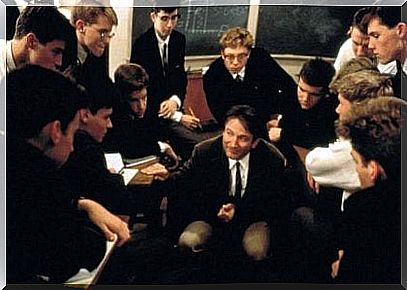
John Dewey’s education
John Dewey made a strong criticism of traditional educational models and even some of the more progressive . In traditional models he saw a rigid system, which had educational goals far removed from its democratic principles. As for the progressive models, Dewey felt that their initiatives were reductive and did not achieve the desired purpose.
Dewey never managed to complete an ideal educational model. However, he stressed that to improve the educational models already postulated it was necessary a scientific and rigorous research that replaced the speculation very much in vogue at the time and, in some way, still now.
By collecting data in our schools, we may notice the necessary changes. In a continuous application-research-investigation, our system would advance towards a worthy and truthful educational model. The question that arises is: is current education based on scientific research or is it borne by economic and political powers?
